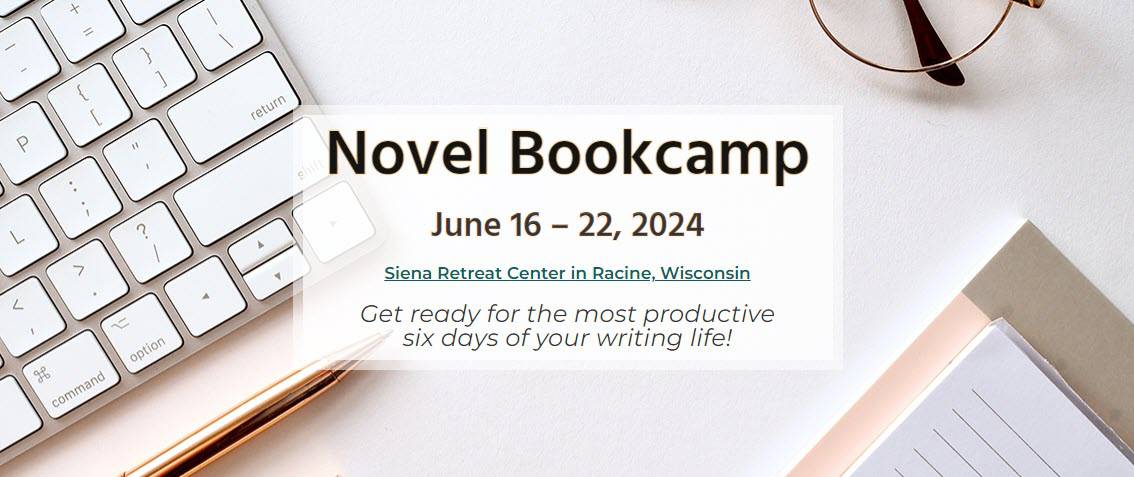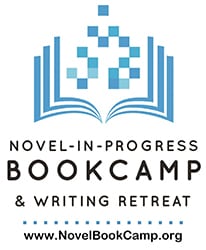Why Genre Matters
Think of genre as an address. You may live in Madison, Wisconsin, but it’s a lot easier to find you if I know the zip code, the street, and the house or apartment number. Genre could also be considered “product placement.” Where in the library or the book store will I find your book? When someone wants to tell others about your book, they want to call it something. If someone says, “I read this great book and I know you’ll love it. It’s got zombies on the moon fighting horseback with spears and torches to take down the ruling empire of fascists whose pope was recently murdered by an unknown weapon carried unwittingly by her secret lover from planet Zenophobia, so they banned dieting and the color blue,” you’ll want to administer oxygen because your friend ran out of breath before he could tell you where to buy a copy. That may sound like an intriguing premise, but is it a book about zombies, or science fiction, a social statement, a futuristic western, a murder mystery, romance, or crime thriller? Not to mention impossible?

The point is, voracious readers who like mysteries know what they want; likewise, fantasy addicts, or detective novels, or historical fiction. Voracious readers like the familiarity of the story elements they expect, even if they couldn’t tell you about them. Mysteries have a crime to solve, which they learn about right away, clues to follow (some of them false), interesting things to learn, and no plot holes. Romance has people falling in love, fighting, breaking up or being broken up, and getting back together. The way the story unfolds with these elements is what makes it memorable. Suspense has an element of danger. Science fiction has lots of believable science to make a currently impossible scenario work out. Word of mouth advertising will always be the motivation for business to work, and if people can’t describe what they want to buy or sell, it doesn’t work.
People who buy, publish, and sell books understand that audience and marketing is more than half the battle of creating a memorable product that makes a better-than-average return on investment. Networking matters. Word of mouth is your most important friend. Know what you’re writing, understand how to talk about it, and think about who is going to read it. Check major online book sellers or visit your local book store to watch people browse, but, even better if you can, how book sellers sell books. Why do they recommend what they do? What kinds of books are placed where in the store? At eye level, in the front, on an end cap?
Your agent/publisher/DIY platform will ask you for up to three main categories and give you samples to choose from, so you might as well figure it out. The main types of genre are fairly wide categories, which are then broken down into hundreds of sub-categories. Fiction / Nonfiction. Fiction / Mystery. Fiction Mystery / Cozy. Or Fiction / Mystery / Historical, for example. Your agent/publisher will have ideas as well which will be tweaked and adjusted according to market analysis. Here’s where all those algorithms come into play on sites like Amazon—what makes “best-selling” in certain categories work. Those top three genre categories, broken down into ever-smaller sub- sub-sub categories are based on search engine and buying data, and may change quite often based on these algorithms. One day your book may be labeled Romantic suspense-historical-women-WWII pilots, and the next Historical women pilots-Russian-combat to drive up statistics and ramp up interest.
Learn about the coding information on genre labels for booksellers from the Book Industry Study Group: https://bisg.org/page/BISACEdition. Warning: it can be overwhelming if you’re not familiar with categorizing your work. If you have several elements of different genre, your publisher will make the final decision.
Here is an article from Writers Write that defines the top fiction genre: https://www.writerswrite.co.za/the-17-most-popular-genres-in-fiction-and-why-they-matter/
Good luck unraveling your manuscript. And if you need help, come to Bookcamp and we’ll work with you! June 16-22, 2024 in Racine, Wisconsin. A one-week full-immersion program. www.novelbookcamp.org




